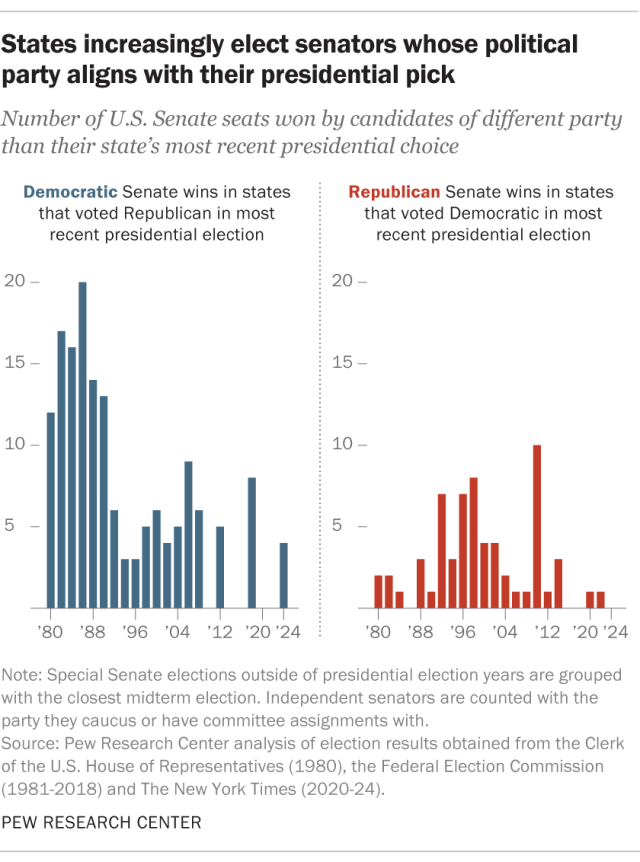At Politico, Adam Wren notes that Democratic Senate candidates are mismatched in the attention economy.
ON THE REPUBLICAN SIDE: A similar gap exists on the right, as Cornyn faces a primary challenge from Texas AG Ken Paxton. Senate Republicans would much prefer Cornyn, worrying that Paxton could lose to a Democrat in the general under the right conditions.
But Paxton has adapted to our new, disruptive attention-based political era. He has run to where MAGA eyeballs are. Yes, that means doing hits on Fox News, but it also means going into less-mainstream media appearances, including as a guest on Steve Bannon’s “War Room” podcast. “We had you really early on this — before it got kicked off,” Bannon told Paxton in a gerrymandering-centric appearance earlier this week, effectively vouching for his MAGA bona fides.
Cornyn has taken a more institutionalist approach. Perhaps his most prominent foray into the redistricting fight came in the form of a sternly worded letter to the FBI asking for their help in tracking down the absconding Texas Dems. To be fair, that move was successful in generating its own earned media and resulted in the FBI approving a request to locate the contingent of quorum-breaking Democrats, though it remains unclear what that means in practicality and the FBI is declining to comment, as POLITICO’s Gigi Ewing writes.
Cornyn is also using tactics that have failed against Paxton in the past, POLITICO’s Andrew Howard sharply observes. In May, Cornyn’s campaign launched a website attacking Paxton titled CrookedKen.com, highlighting a number of Paxton’s flaws. The site’s content is almost identical to a website rolled out by George P. Bush during his primary race against Paxton in May 2022, called KenTheCrook.com. Bush’s political team had a lot of overlap with Cornyn’s, and Paxton won that primary by more than 30 points.
Cornyn declined an interview with Playbook.
“Every campaign I was ever on, including in 1980, our objective was to get in the local paper when we visited it, and get on the local radio station, and get on TV as much as possible,” Dave Carney, the Abbott strategist, told Playbook. “The difference between that — which is the exact same strategy, get as much attention as you can earn — now is: There’s 600,000 … places to get noticed.”
